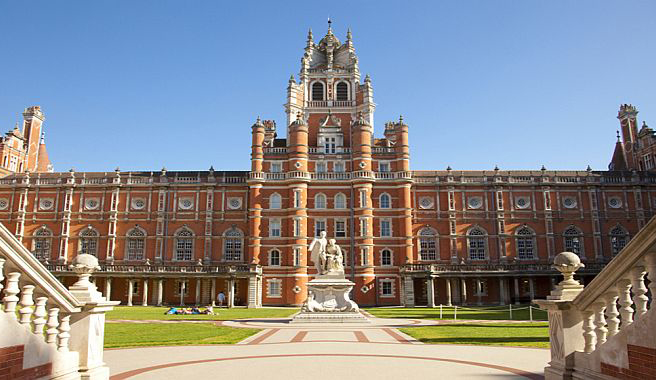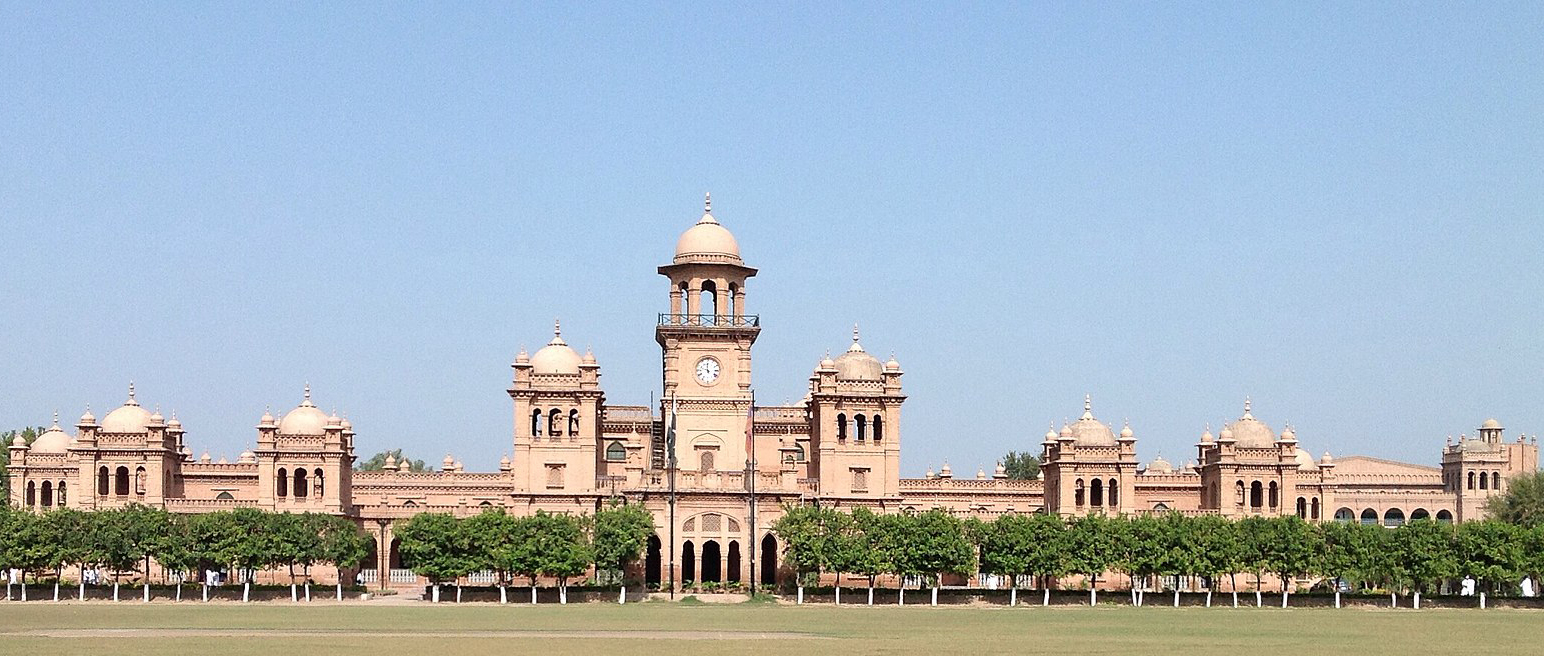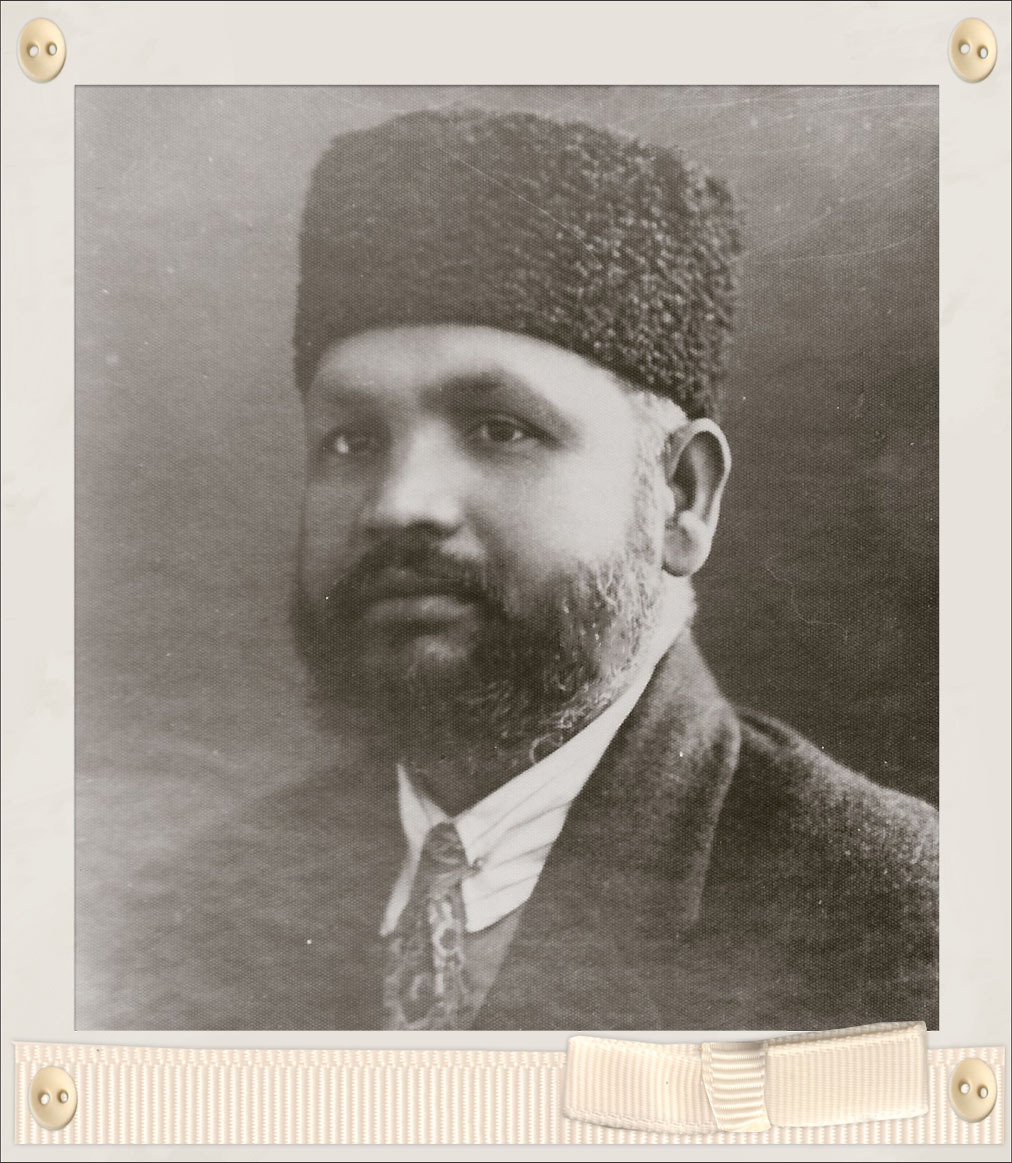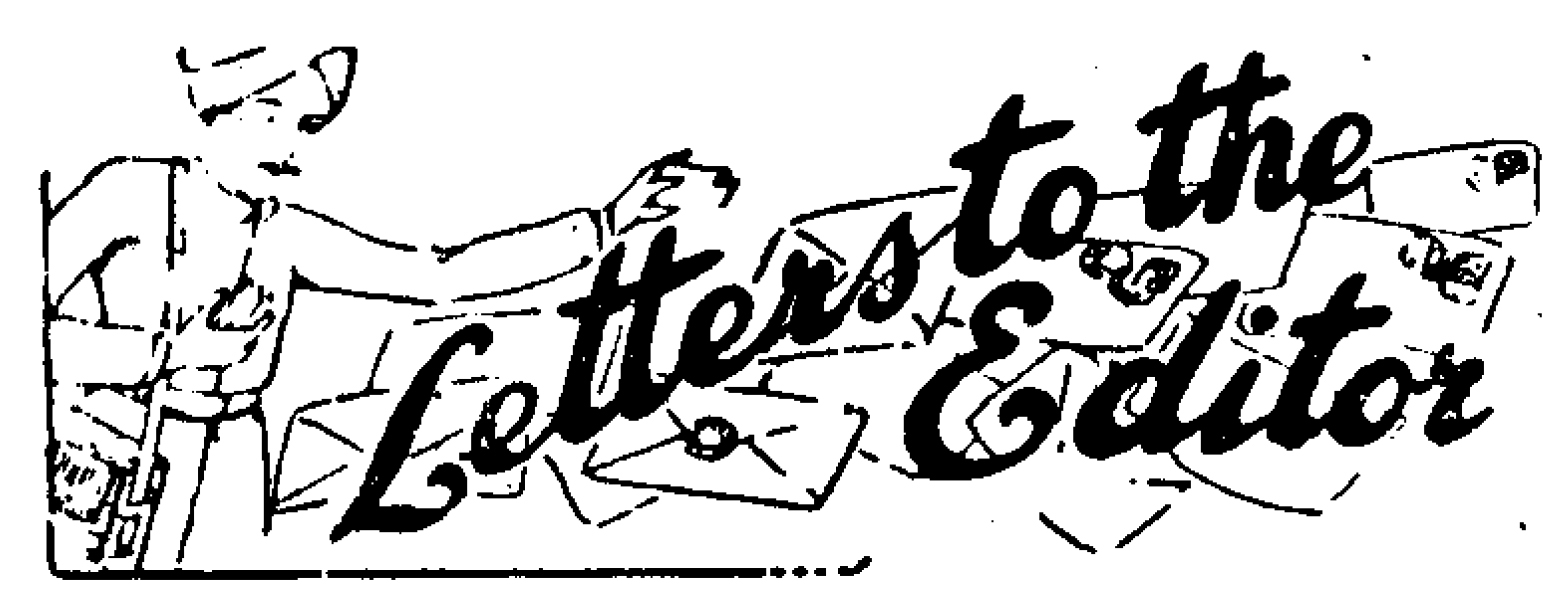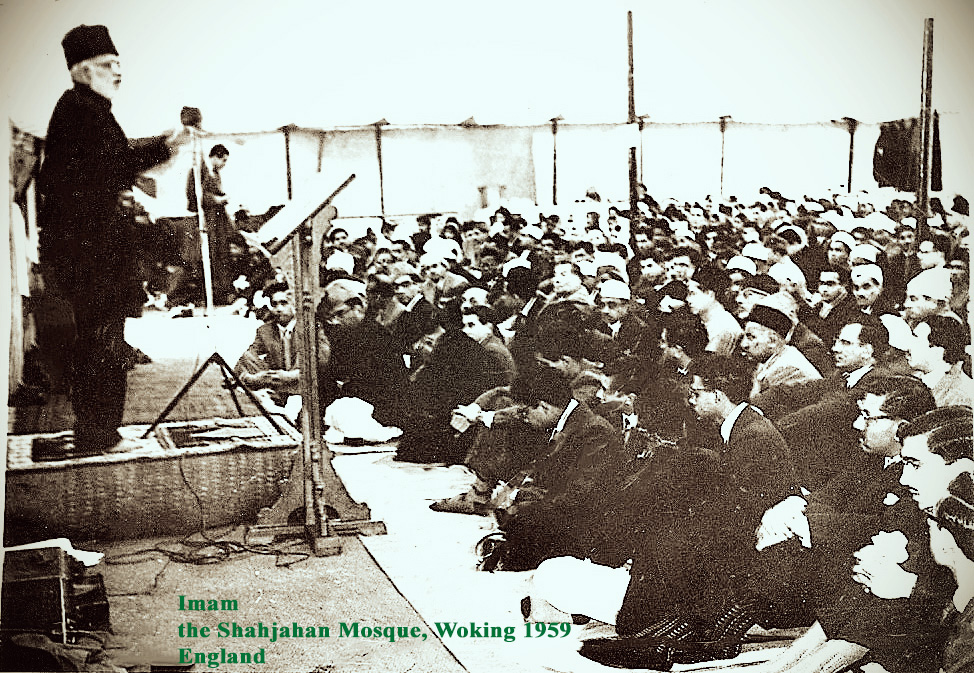London and Peshawar
LONDON is the nerve-centre of all that the Anglo-Saxon culture and civilization stands for and Peshawar may be taken as a fairly typical Pathan town. We have the privilege of having a large number of friends amongst the English people for whom we have a great regard. There is furthermore much in the English civilization which commands our sincere admiration. But as a son of the sacred soil of Pathanistan, we feel called upon to defend our people against a most un-merited slur on their honour as a race and if this comparison between the Anglo-Saxon and Pathan cultures should pinch any-where, they must thank Sir Hamilton Grant, the former Chief Commissioner of the North-West Frontier Province for it, who has driven us to it.Speaking at the Royal Empire Society on Afghanistan, Sir Hamilton indulges in a fling at the Pathan race which is as unmerited as unchivalrous. ”Referring to the Indian cry for independence,” as he has been reported in the press, ”Sir Hamilton Grant emphasized the danger that the virile tribesmen would not be slow to swoop down on India, if the defence of the country collapsed, and in the words of the late Sir Partab Singh, there would not be a virgin, or a rupee left between Peshawar and Calcutta.”
As regards the first part of the charge, the Pathans swooping down on India and looting the land till the last rupee, perhaps we need hardly offer an apology. According to the most civilized standards of the day, it would be nothing reprehensible, even if this ex-satarap’s fears turn out to be true. At worst the Pathan would then be on a par with the Englishman. What was it but a day-light robbery that the agents of the East India Company, under the guise of peaceful traders, set to enslave the people? Did not such high-placed men as Lord Hastings and others, representing the best in English culture and breeding actually rob defenceless Indian princesses, the ” Begumat”, of their hoardings? But why single out one particular incident and why go so far back” On what moral grounds can English occupation and exploitation of India at the point of the bayonet be justified? The form may have changed. Instead of the plain rugged Pathan, who makes no secret of his mission, when he swoops down on the plains, his rifle in his hand, we may have the suited booted, prim and proper, highly educated scholar from Oxford or Cambridge with ways and means more cunning and more subtle. These appearances may have changed, but is not the substance just the same? Robbery just the same, only under the euphemistic name of exploitation. The Pathan has, at least some justification for it. He must find out his bread which his barren rocks refuse to yield. In the case of the British even this semblance of justification is not there. They are glutted with the world’s gold and still they are after more and more and still more. The Pathan may rob the last rupee and go away to let the people alone, but the Englishman is here, it seems, to deplete like a leech the half-starved and half-naked Indian of the last drop of his blood.
As we said we are not inclined to grumble at this part of the fling, viz., at being called a race of robbers. As such we are in the best of company. What must prick every Pathan to the very marrow of his bones is the slur cast on his honour in his treatment of the fair sex. Not a virgin, this ex-Chief Commissioner tells us, will he left, from Peshawar to Calcutta, the moment the Pathan is unchained, as if he were an immoral voluptuous beast with no notions of chivalry or scruples of morality. Now this is a charge which everyone who has the least knowledge of the Pathan’s standard of sex-morality, will at once put down as a shameless lie. We wish we could be spared the pain of a comparison which must naturally be odious, of the Pathan’s sense of sex-morality with that of an average Englishman. But much against our will we are constrained, in vindication of the good name of a race admittedly the most valiant on the face of earth which has been so wantonly disfigured before a whole world – we are constrained to say things which we would have fain left unsaid. Sir Hamilton has been in Peshawar for a number of years. Let him say honestly if ever he has seen the loathsome scenes that one may see any evening in Hyde Park. Let him say honestly if he has ever come across the type of painted vampires that hover about the parks and streets of London, out on their ignoble sport or job. London is no match for Peshawar in this respect. Far it be from us to malign the whole of the English race.
We know homes that are the models of virtue and Chastity and of such, we are sure, there is a very large percentage. It is nevertheless true that side by side with this goes on in broad day-light, in public parks and along public thoroughfares the nefarious business that should make one with the least sense of sex-morality, hang his head in shame. Speaking of this and the ” under-world’ which disfigures that metropolis of Anglo-Saxon civilization, one may without exaggeration say that compared to Peshawar, the type of Pathan civilization, London is a veritable moral cesspool. The ”tribes” of whom Sir Hamilton speaks are even much cleaner. It may be said with perfect sense of responsibility that sex-immorality is practically unknown there. Even when they kidnap English girls with all their charms across the border, they are never known to have infringed the rules of sex-propriety. The un-written law of those free hills which has become an instinct with their free sons, serves as an iron-wall between man and woman. There may be aberrations from this high standard but they are extremely rare. The honour of Hindu families residing in these independent tribes is just as safe and no one dare touch a Hindu woman, even though she has no protector there. The Pathan´s inborn sense of morality and chivalry is her only guarantee and it has never failed her. To paint such a people as if they were a loose licentious race is a great injustice and the fact that a man like Sir Hamilton Grant who knows all this, should be guilty of such a wholesale denunciation makes that injustice all the more offensive. It is certainly ill-recompense for the salt of the Pathans that Sir Hamilton, as Chief Commissioner, has been eating. We only hope he may realize the rashness of his comment and the injustice of the fling and make amends for it by a timely refutation together with an apology to the Pathan race.
M.Y.K
(The Light – Jan 16, 1930)
